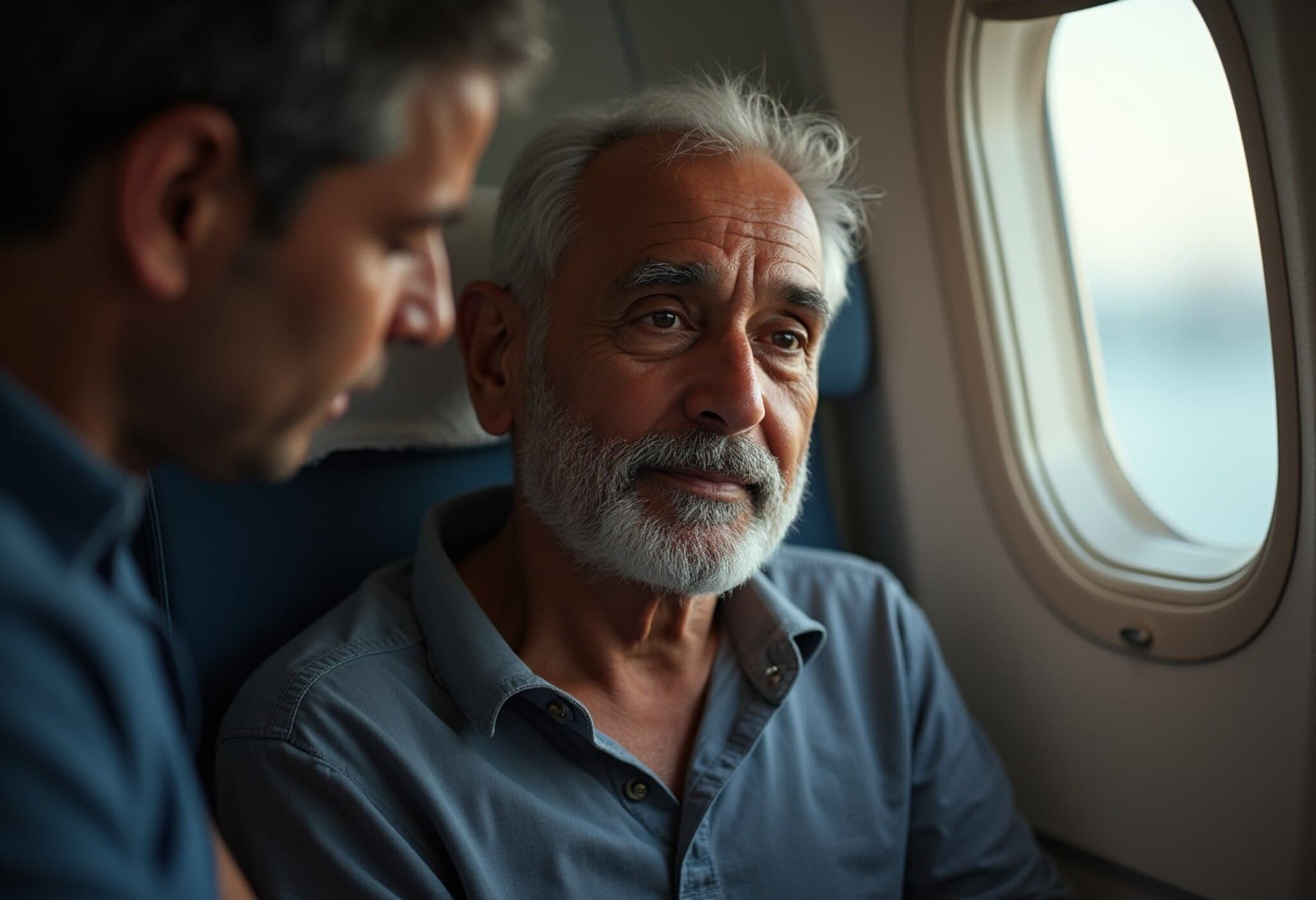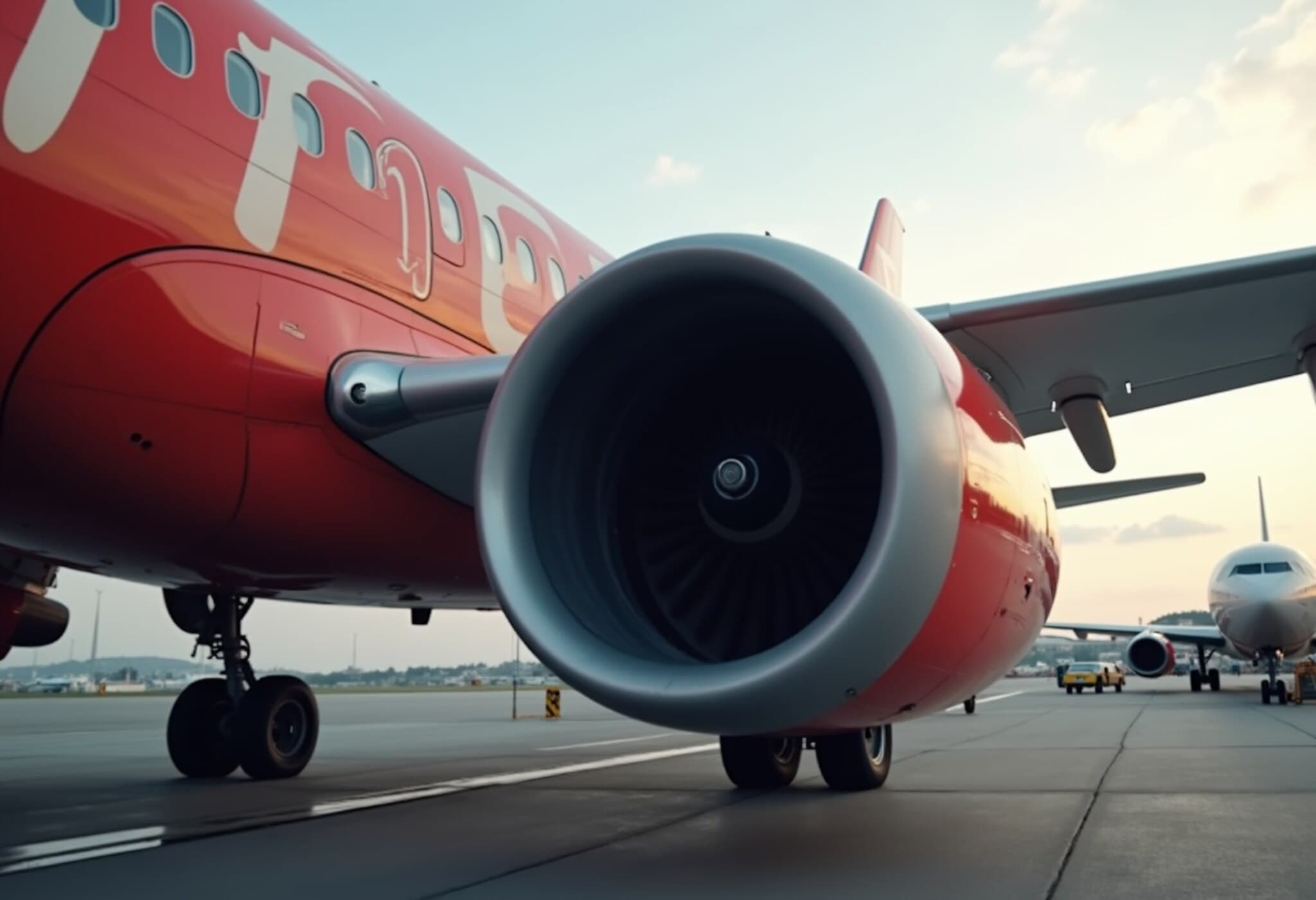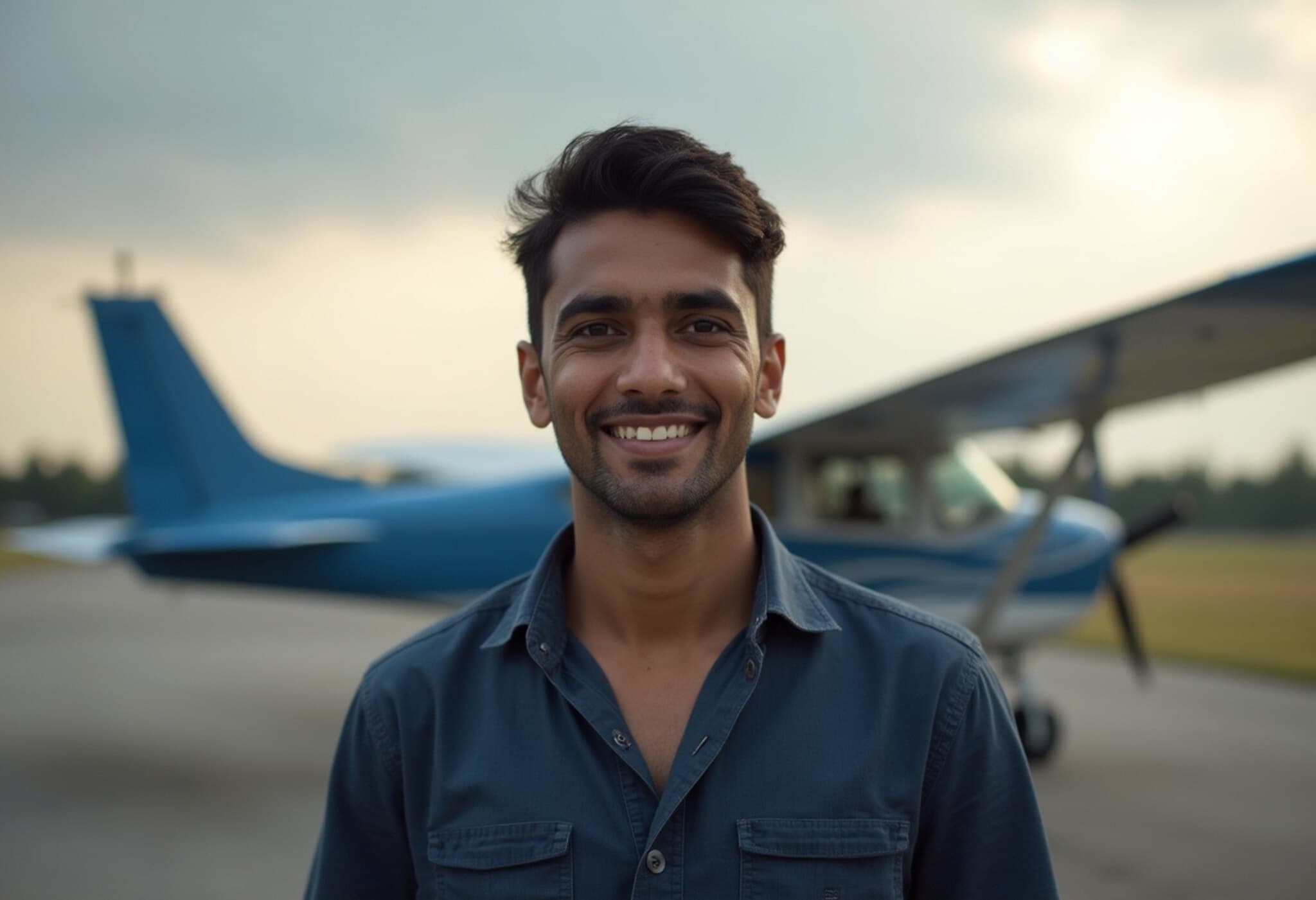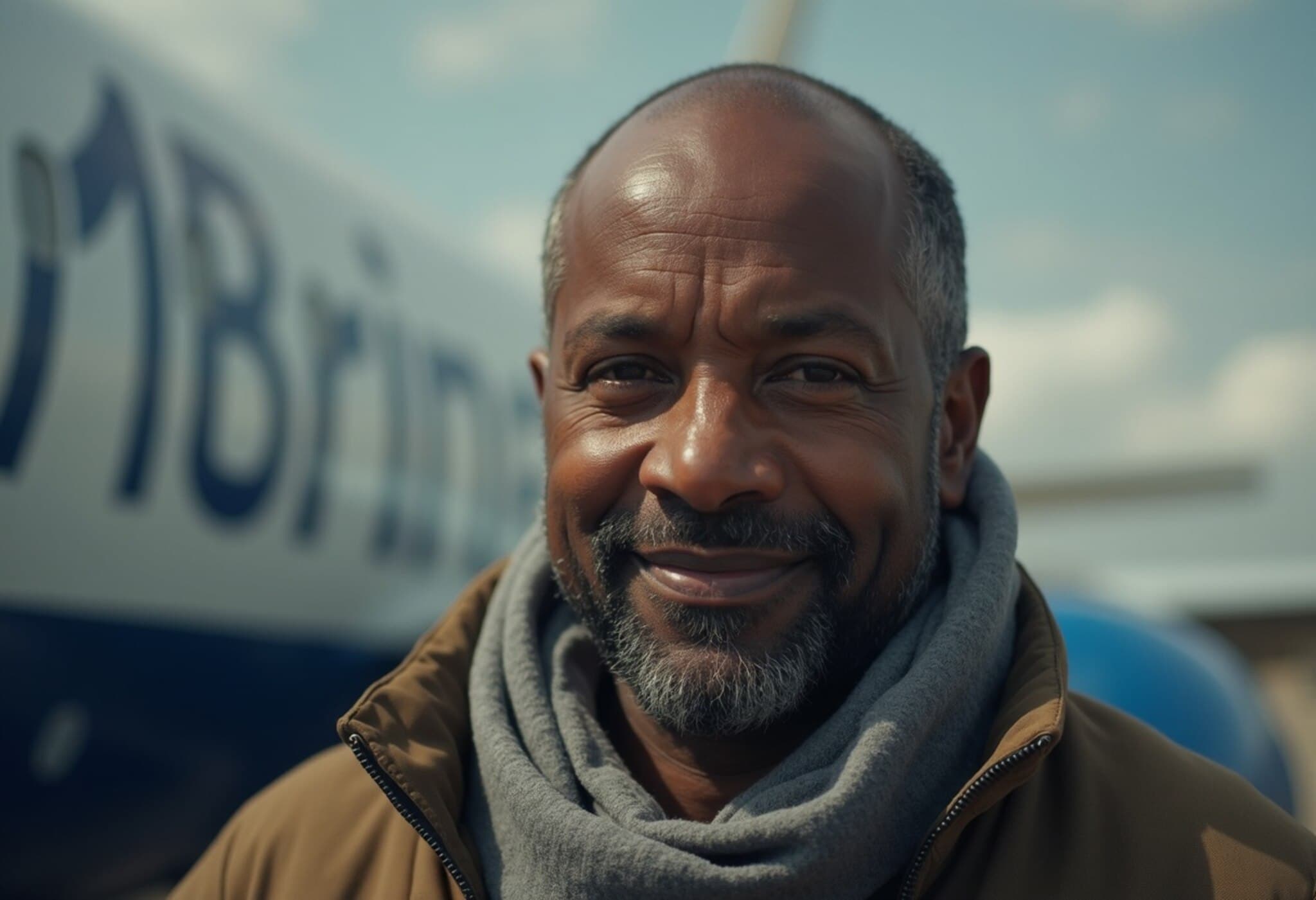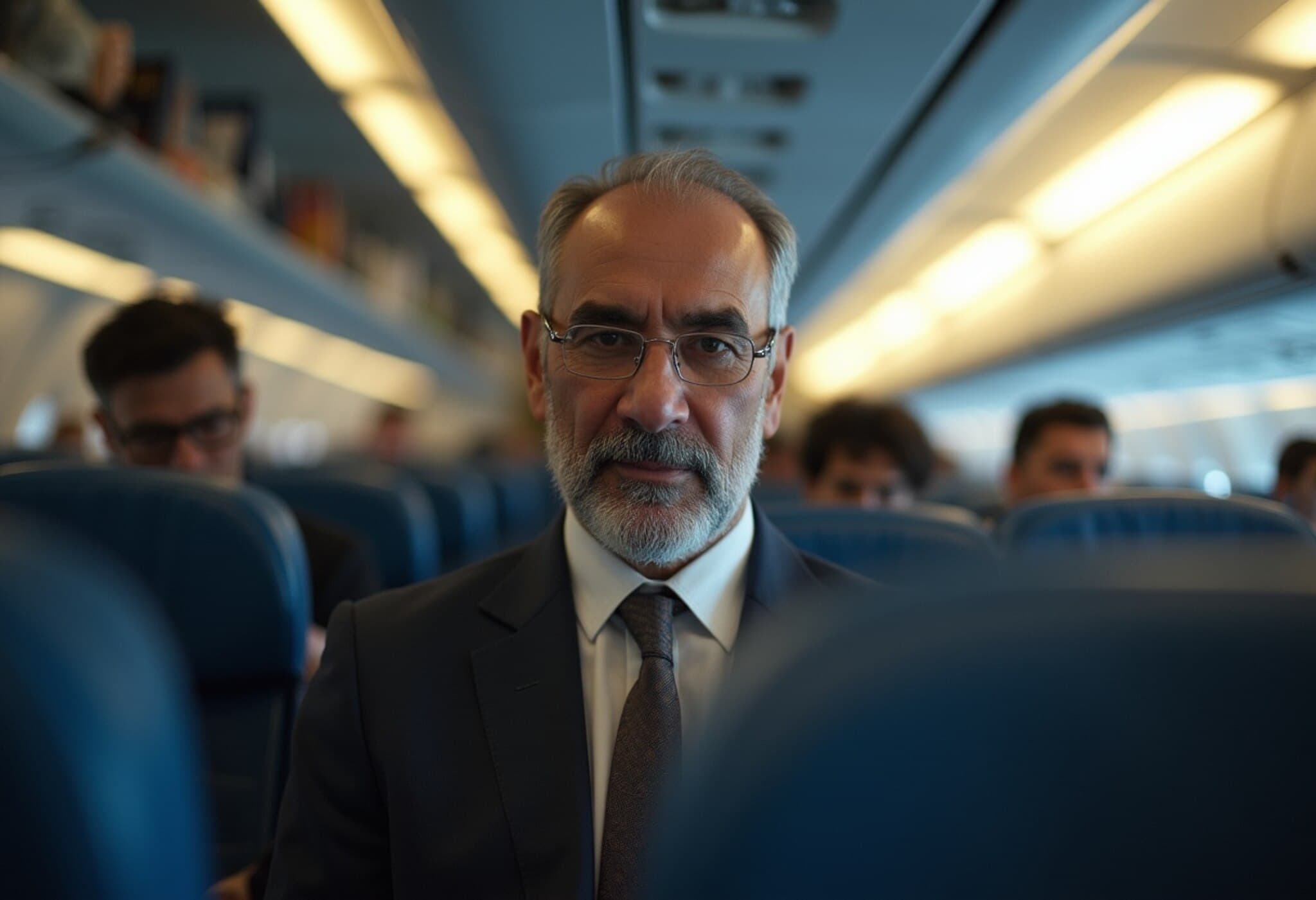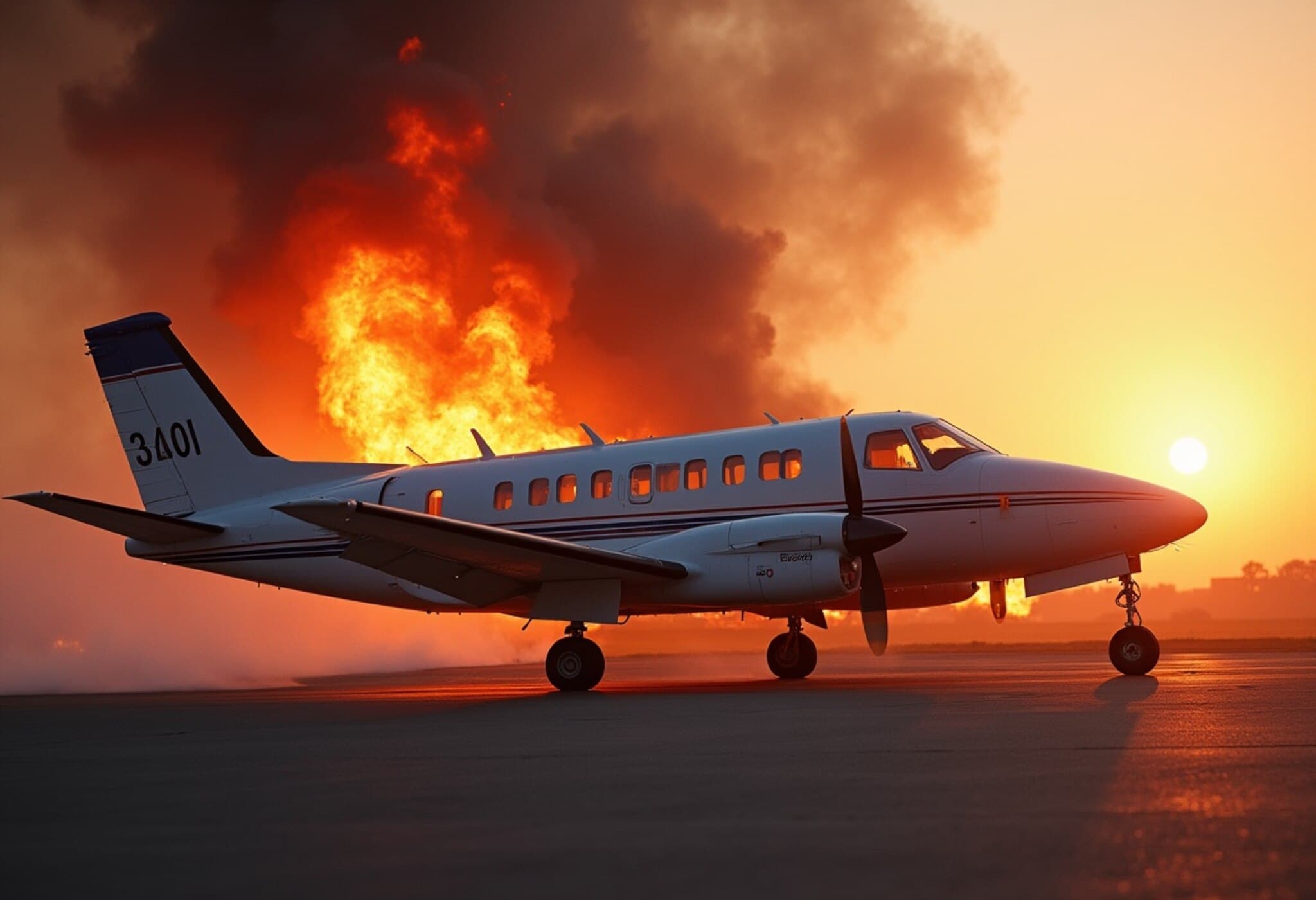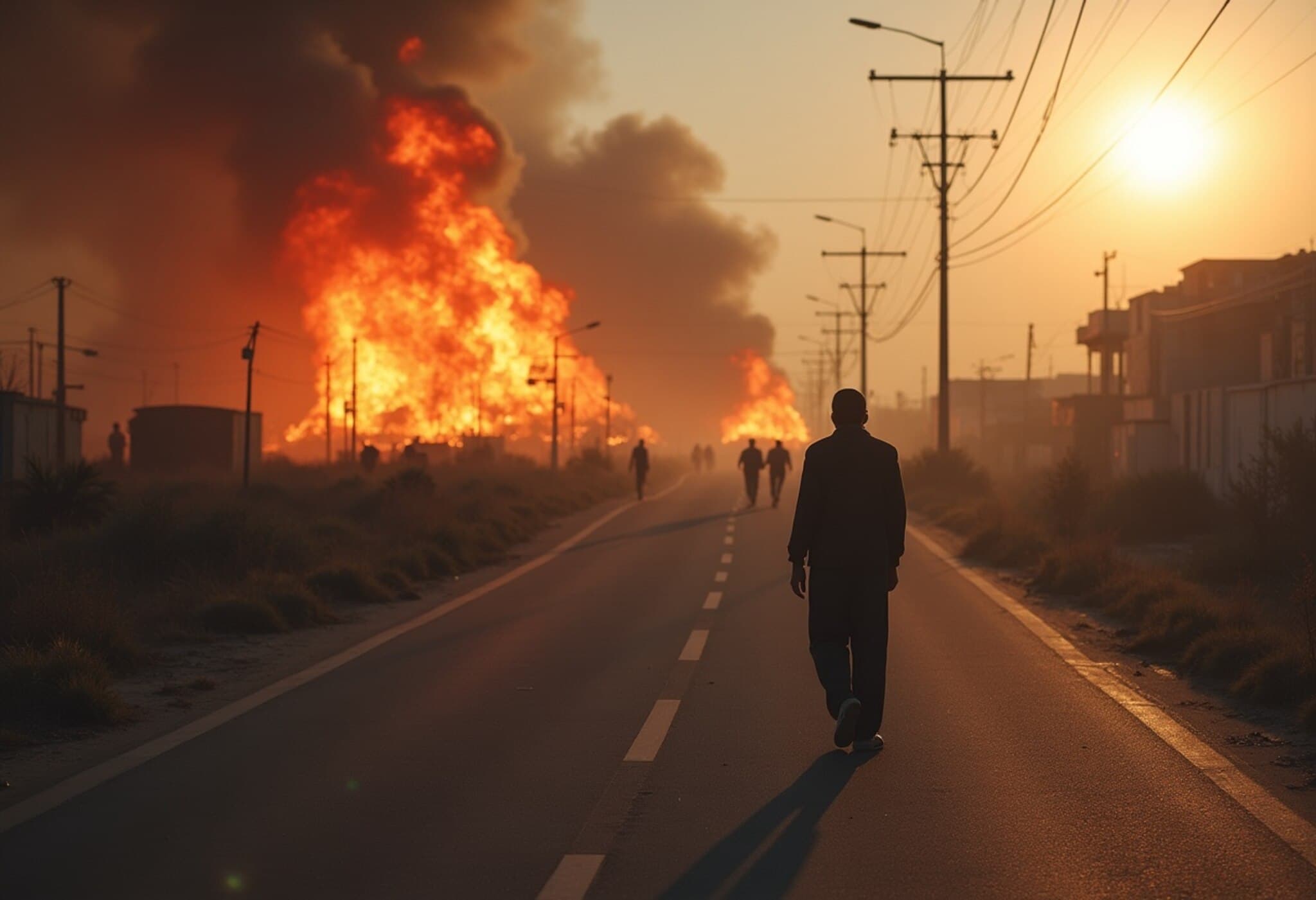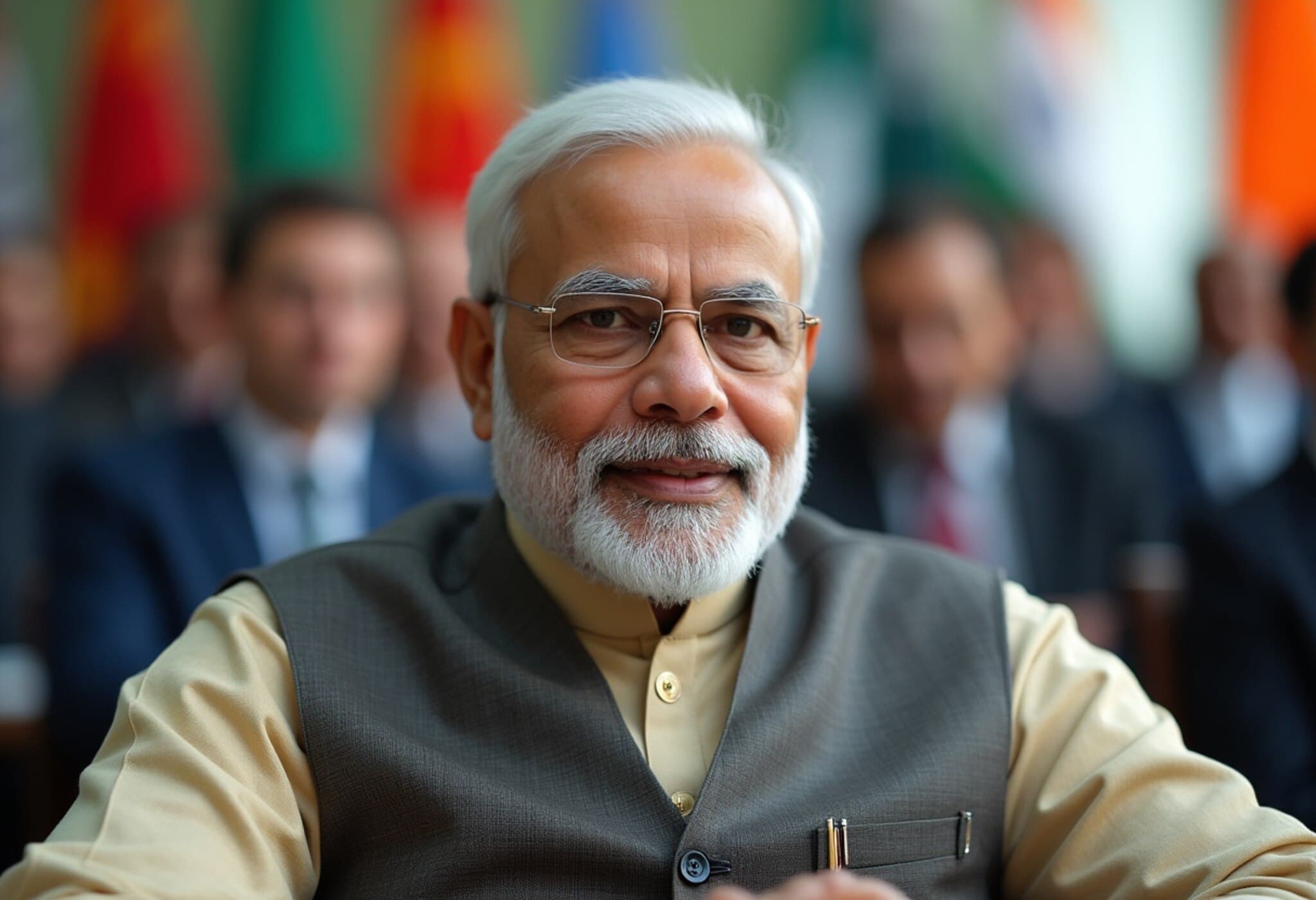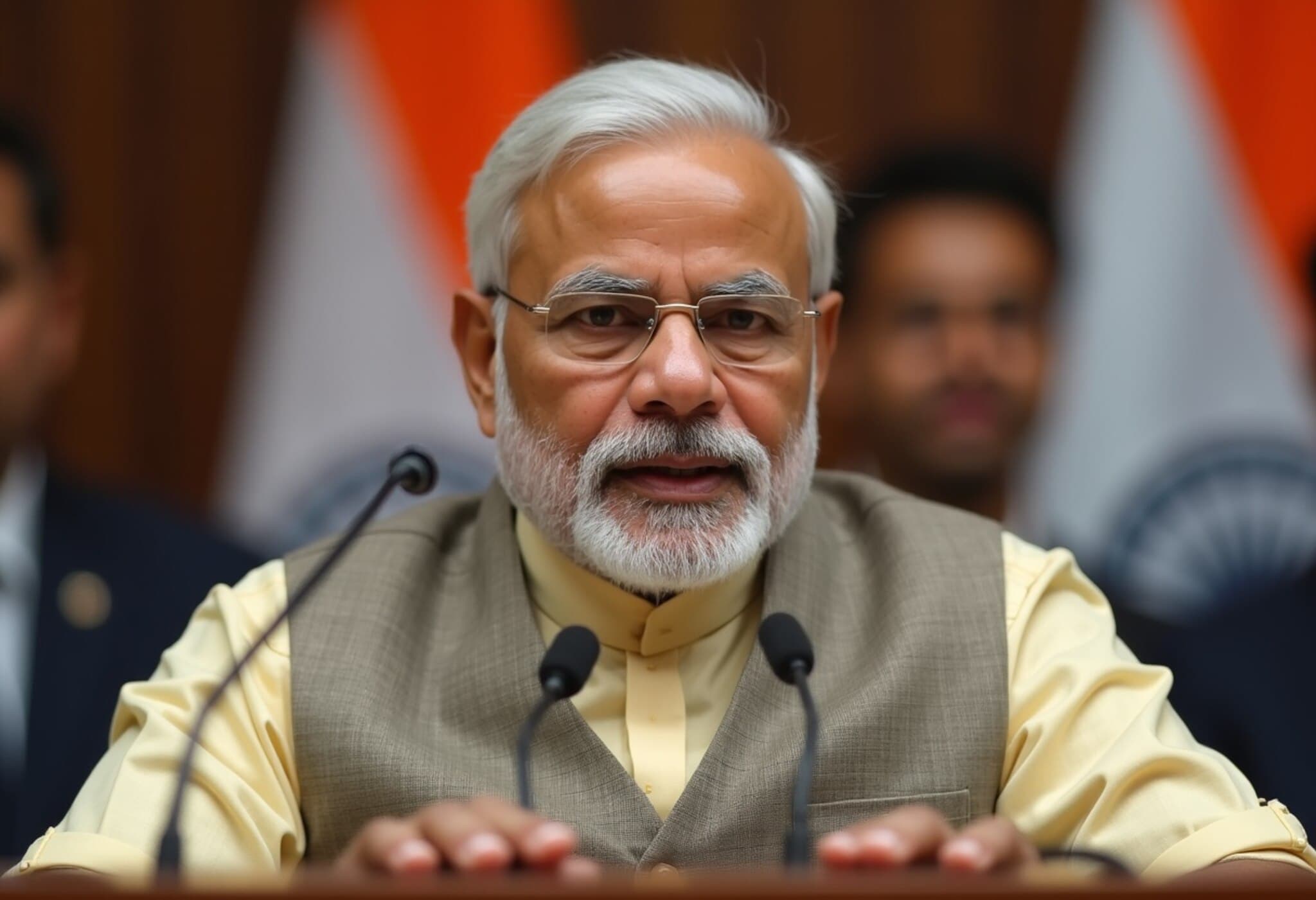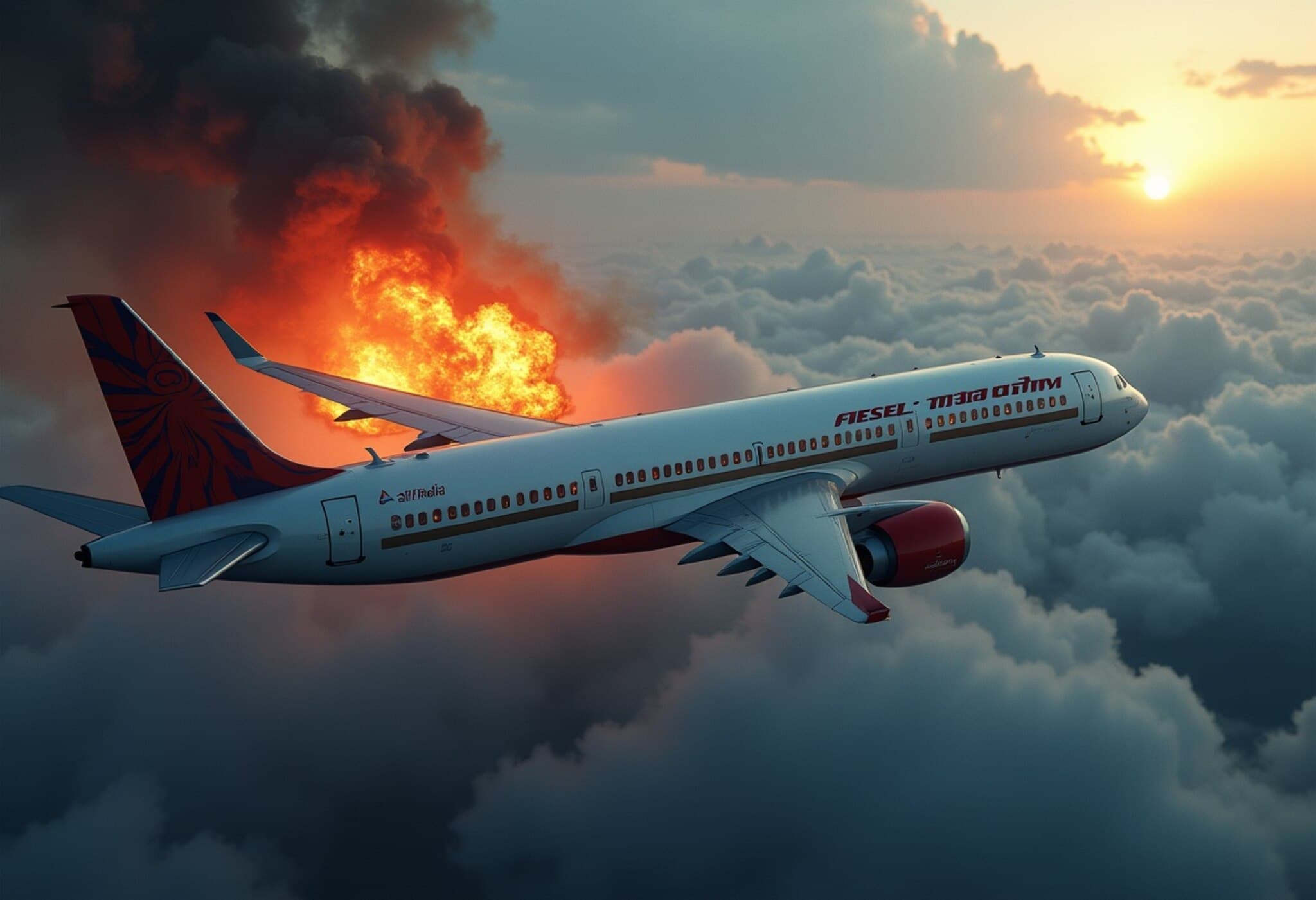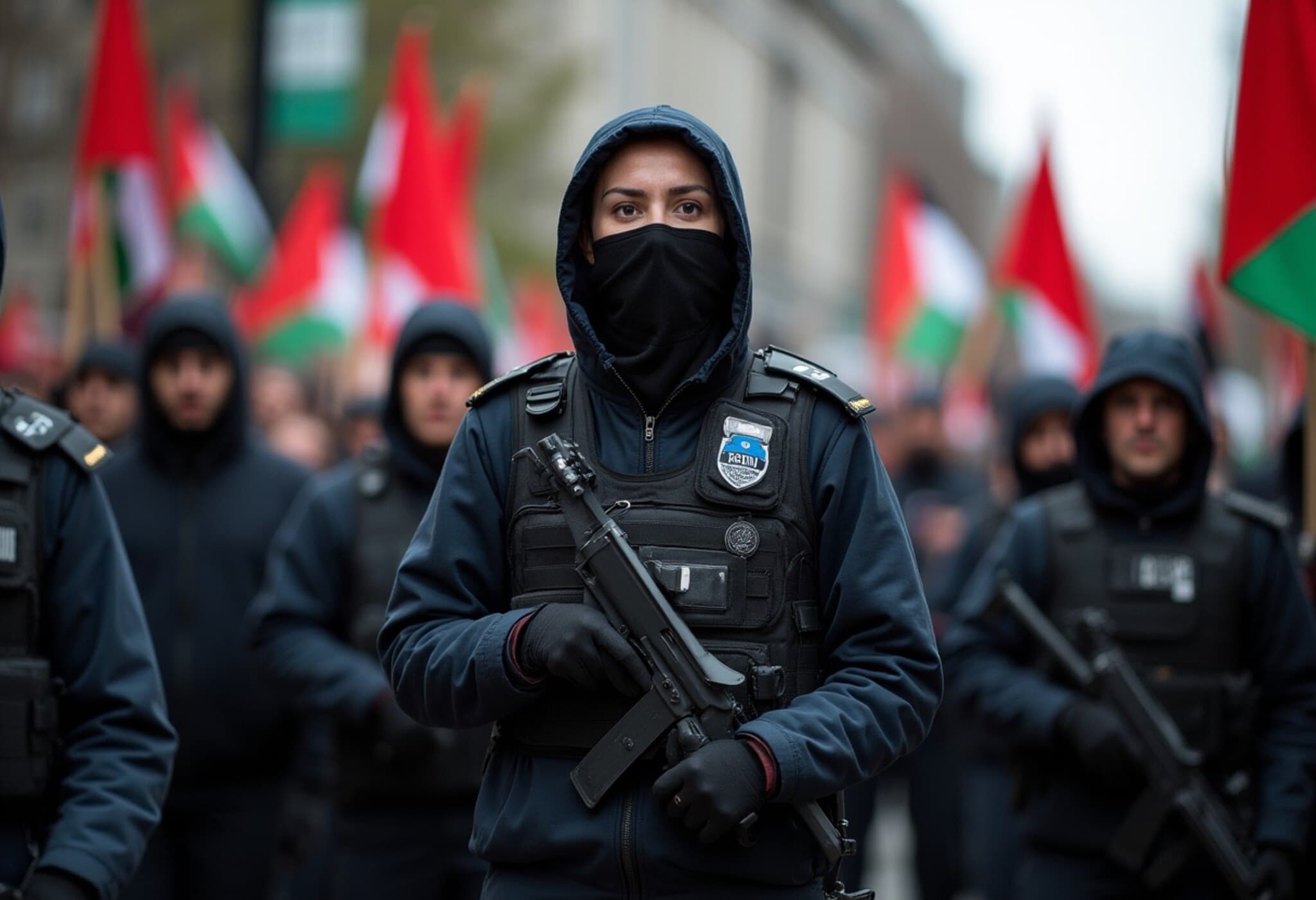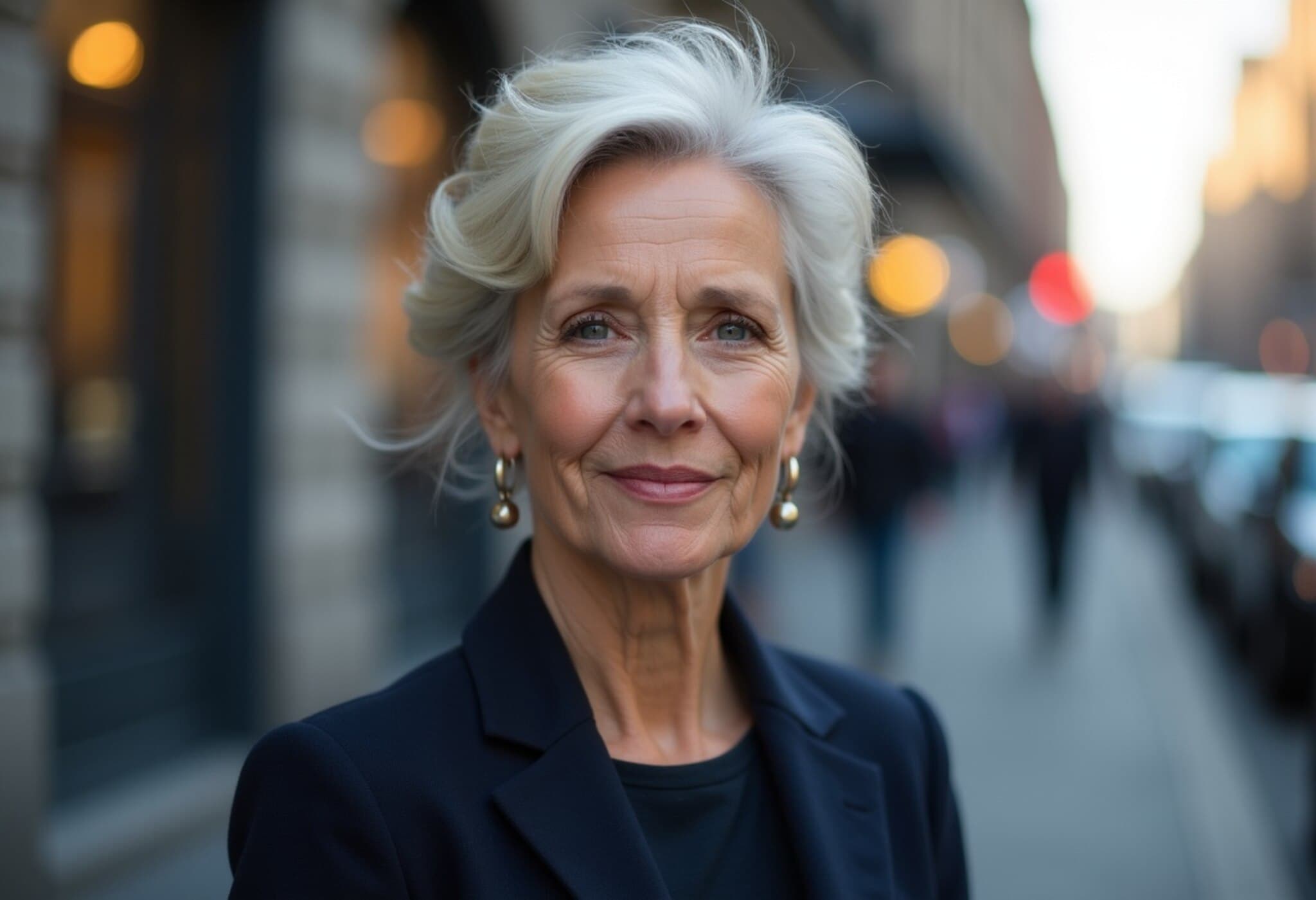A Haunting Silence: The Sole Survivor of the Air India Boeing 787 Crash
Nearly a month after the tragic Air India Boeing 787 crash on June 12 from Ahmedabad Airport, Vishwas Kumar Ramesh remains the sole survivor amid the loss of 241 passengers and crew. At 40 years old, this British citizen of Indian origin faces not only the physical aftermath but a profound, invisible battle with trauma and grief. His story is one of survival shadowed by deep emotional scars.
The Human Toll Beyond the Headlines
Vishwas's journey back to London was meant to be a routine trip after visiting family in Diu. Instead, the aircraft he boarded moments after takeoff suddenly stalled and crashed, a calamity that has left the nation mourning. His brother Ajay, one of the victims whose remains were identified through DNA and returned to family on June 17, symbolizes the personal losses that statistics can never fully capture.
According to Vishwas's cousin Sunny, the emotional impact has been overwhelming. "He is battling intense mental anguish," Sunny shared. "Sleep eludes him; he wakes repeatedly, haunted by the crash and his brother’s untimely death. Though family and friends—near and far—reach out, Vishwas remains withdrawn, encapsulated in his grief."
Seeking Professional Help: A Critical Step Towards Healing
In a telling sign of the psychological burden borne by survivors of mass trauma, Vishwas recently began psychiatric treatment to manage symptoms consistent with post-traumatic stress disorder (PTSD), including insomnia and acute anxiety. His family has been supportive, facilitating visits to mental health professionals, emphasizing that recovery is a process, not a line to be quickly crossed.
His treatment journey has understandably delayed his plans to return to the UK as he prioritizes mental healing in an environment surrounded by loved ones.
The Prime Minister’s Personal Connection
Highlighting the incident’s national significance, Prime Minister Narendra Modi personally visited Vishwas a day after the crash to check on his condition. Vishwas recounted the harrowing moments when his plane stalled, the chaos that followed, and his escape.
“My seat, 11A, was near the emergency door on the left. Miraculously, that section of the plane came down near a hostel ground. When I saw the door was broken, I knew it was my chance. I got out,” he said.
A poignant video circulating shortly after the crash shows Vishwas walking toward an ambulance, carrying the heavy burden of survivor’s guilt and personal loss.
Contextualizing Trauma for Aviation Survivors in India and Beyond
Vishwas’s experience prompts vital conversations about post-crisis care in aviation disasters. In India, structured psychological support for crash survivors remains nascent compared to Western standards, where ongoing therapy, community support systems, and reintegration programs are more common. His case underscores the urgent need to integrate mental health services alongside physical rescue operations in disaster response protocols.
Furthermore, from a policy perspective, the tragedy raises questions about passenger safety measures, pilot training, and crisis management during critical flight phases like takeoff.
Expert Insight
Dr. Anjali Mehta, a clinical psychologist specializing in trauma recovery, notes, "Survivors like Vishwas require not only immediate medical care but sustained psychological assistance to process their trauma. The stigma surrounding mental health in many cultures often hinders this vital support. Public empathy and enhanced survivor programs are essential."
Family, Memory, and Moving Forward
The family’s heartbreak was visibly etched during the cremation of Ajay, where Vishwas bore his brother’s remains on his shoulders—an unforgettable image symbolizing love amid loss.
As India collectively mourns, Vishwas’s ongoing battle shines a light on the enduring human cost of disasters and the importance of holistic approaches to survivor care.
What Lies Ahead?
- Awareness: Amplifying survivor narratives to destigmatize mental health challenges.
- Policy: Strengthening aviation safety regulations and emergency preparedness.
- Support: Expanding access to trauma-informed psychiatric services in India.
- Community: Fostering initiatives that help survivors rebuild their lives beyond tragedy.
Editor's Note
Vishwas Kumar Ramesh’s journey from a lone survivor to a man confronting profound psychological wounds invites us to rethink how society supports those affected by catastrophes. His story is a powerful call to action—for improved post-crisis mental health care, stronger aviation oversight, and compassionate public discourse. As readers, we must ask ourselves: how can communities better rally around survivors to transform trauma into resilience?

